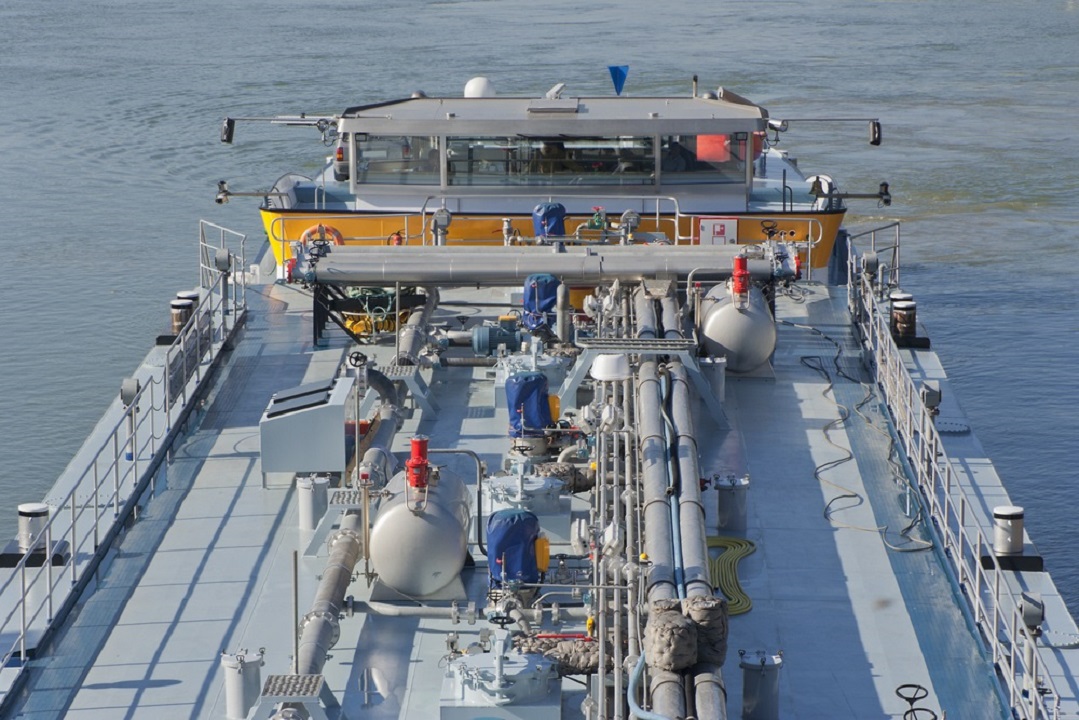London, 21 February (Argus) — Oil product stocks held in independent
storage tanks in the Amsterdam-Rotterdam-Antwerp (ARA) trading hub fell
to eight-week lows today.
Fuel oil stocks recorded the largest fall in percentage terms as
economics to ship European product to the Asia-Pacific region remained
viable, according to data from consultancy PJK. The very large crude
carrier (VLCC) Xin Lian Yang — chartered by Petroineos — departed Rotterdam on 17 February with 270,000t of fuel oil for Singapore. Trafigura booked the VL Prime that
will soon load 270,000t of cracked fuel oil from Rotterdam, with the
same destination. ARA fuel oil exports offset import levels from France,
Poland, Russia and the UK.
Independent gasoline stocks fell to their lowest since 20 December.
Cargoes took some gasoline from the ARA region to the US despite
unworkable arbitrage economics. The decline came mostly from exports to
Latin America, the Mediterranean, west Africa, east of Suez and Suez for
orders.
Product restocking in Germany and Switzerland, declining Rhine water
levels and a ban on single-hull barges has limited vessel availability
across refined product markets. Consequently, market participants are
loading gasoline in Antwerp on cargoes to discharge in the Amsterdam
area, where most of the blending activity for the European market takes
place.
In the gasoil and naphtha markets, firms are looking to transport
product inland before declining Rhine water levels further restrict
barge loading.
Inland demand for gasoil was at its highest in over one year, PJK
said. This offset high import levels from Russia, the UK and the US. But
gasoil inventories remain higher than a year earlier, and at their
highest since early November on a four-week rolling average basis.
Trading firms are refilling stocks that Germany’s EBV strategic
reserve released when Rhine water levels were low in October. But
activity could slow as last week EBV’s diesel stocks were already
replenished.
Restocking activity on the jet fuel market has already decreased, with just one barge booked to take product inland this week.
A single cargo arrived into Rotterdam on 18 February with 65,000t of jet fuel from Qatar on the Cielo Di Rotterdam.
A smaller vessel arrived into the ARA trading hub from Finland. And a
tanker exported product to the UK, where there is firm buying interest
to blend jet fuel with diesel to improve cold properties.
Demand to move naphtha inland from the ARA region was strong for
stocking ahead of planned petrochemical maintenance from mid-April.
Naphtha arrived into the trading-hub from Algeria and from within
Europe, while no outgoing cargoes were reported.
Reporter: Rowena Caine



